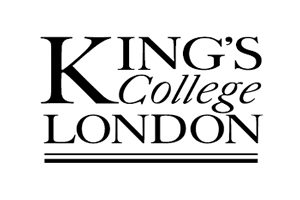Edward Gibbon
(b. May 8, 1737, Putney, Wandsworth, London – d. Jan. 16, 1794, London, England )
Gender: M
Edward Gibbon (1737-1794) was the only survivor of the six children of Edward and Judith Gibbon, and himself suffered from ill health as a child. At the age of 15, his father sent him to Magdalen College, Oxford, where he came under the influence of the rationalist theologian Dr Conyers Middleton (second husband of Elizabeth Montagu’s maternal grandmother). He briefly converted to Roman Catholicism, and as a result his father sent him to Lausanne to stay with a Protestant pastor. There Gibbon became a suitor for the hand of Suzanne Curchod, later to be the wife of Jacques Necker and mother of the writer Germaine de Staël. In 1763 he set off on his Grand Tour, which culminated in a visit to Rome. After his father’s death in 1770, he settled in London, where he became a member of Samuel Johnson’s Literary Club. In 1776 he published the first volume of his major work, The Decline & Fall of the Roman Empire, which rapidly went through three editions; the sixth and final volume appeared in 1788. He returned to Lausanne from 1789-1793, but came back to England, where he died after a lengthy illness at the age of 56. Gibbon was strongly criticised in his day for treating Christianity as a purely historical phenomenon rather than a result of divine revelation, and for attacking the early Church’s intolerance of other religions and destruction of classical culture. He was suspected, probably wrongly, of being a Deist. His reputation as a historian has survived, particularly his insistence on identifying primary sources for historical events, and his literary style continues to be admired.
Also known as:
- Edward Gibbon
Please note that all dates and location information are provisional, initially taken from the library and archive catalogues. As our section editors continue to work through the material we will update our database and the changes will be reflected across the edition.
Browser support: The website works best using the Chrome, Edge, and Firefox browsers on the PC, and only Chrome and Firefox on the Mac.




